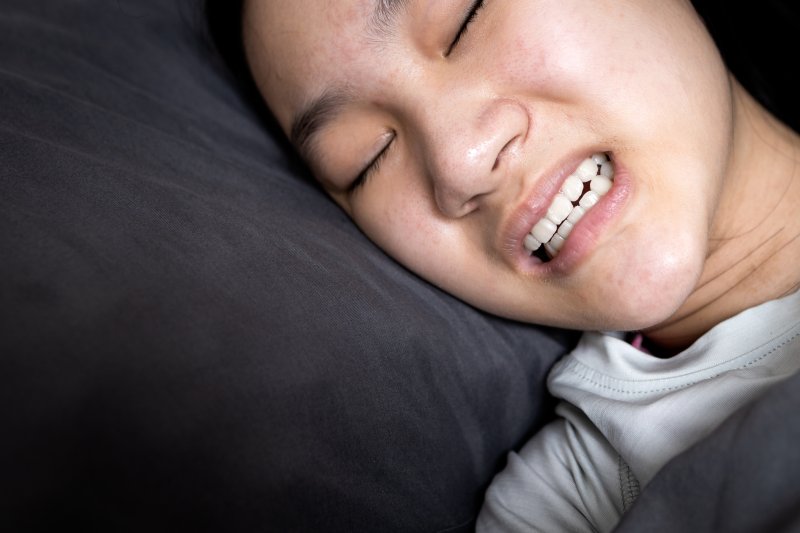How Can Sleep Apnea Affect My Dreams?
January 12, 2024

Imagine you’re in a dark room. Your heart’s racing, you’re struggling to breathe, and feelings of panic begin to well up in your chest. Believe it or not, this isn’t a description of your favorite horror movie. It’s actually what someone might experience many times in a single night if they have sleep apnea. Here’s a brief guide to how sleep apnea can make it difficult to feel well-rested in the morning as well as a few ways you can address the issue.
How Does Obstructive Sleep Apnea Affect Sleep?
Nearly 18 million adults in the United States are believed to suffer from obstructive sleep apnea, a sleep disorder that causes the airway to become constricted or blocked off multiple times throughout the night. When a person with sleep apnea relaxes during sleep, the weight of the tissue in the throat presses on the trachea, interrupting the natural flow of air to the lungs. Sleep apnea is strongly associated with age and obesity.
How Can Sleep Apnea Affect My Dreams?
The dreams people can recall usually happen during REM sleep, which is named for the rapid eye movement that happens when a person is dreaming. Many people who study sleep claim that sleep apnea disrupts this REM stage of sleep, making it difficult for patients to fall into REM sleep and stay there to get the deep sleep the body needs to stay healthy. Studies have found that people with sleep apnea are much less likely to remember their dreams than those without.
Can Sleep Apnea Cause Nightmares?
You’ll still have dreams even if you have obstructive sleep apnea, but many patients report vivid nightmares. A lack of oxygen will cause your body distress whether you are sleeping or not, and this distress can be represented in dreams in disturbing manners. A few commonly reported examples of these nightmares include dreams about smothering, choking, strangulation, clogged pipes, being trapped underwater or in space, and being stuck in an elevator. Frequent nightmares can make it even harder for sleep apnea patients to get enough sleep.
Can Sleep Apnea Be Treated?
Luckily, there are a variety of ways for someone with sleep apnea to sleep better. A few of these include lifestyle changes like eating right, exercising, and changing one’s sleeping position. However, many people find that oral appliances like CPAP machines can keep their airways open so they can enjoy longer periods of sleep with fewer interruptions. Consulting with your sleep apnea doctor can determine if any of these treatments are right for you.
About the Author
Dr. Ivan Paskalev studied sleep dentistry at OSA University and is pursuing the American Academy of Dental Sleep Medicine’s Mastery Program. He is proud to be a member of the American Academy of Dental Sleep Medicine, the American Dental Association, and the Oregon Dental Association. His office in Eugene, OR offers sleep apnea treatments including oral appliances. For more information on treating sleep apnea, contact his office online or dial (541) 246-8284.

